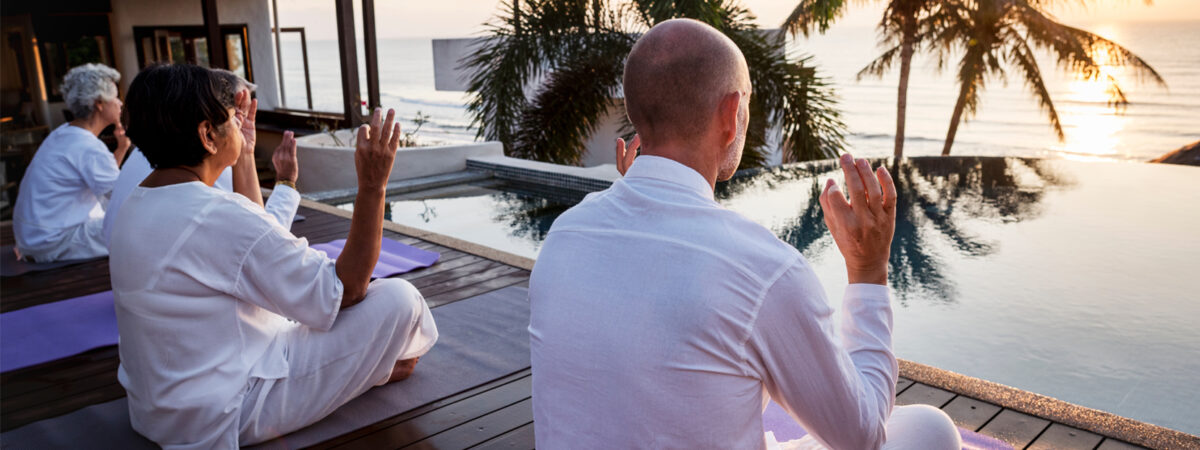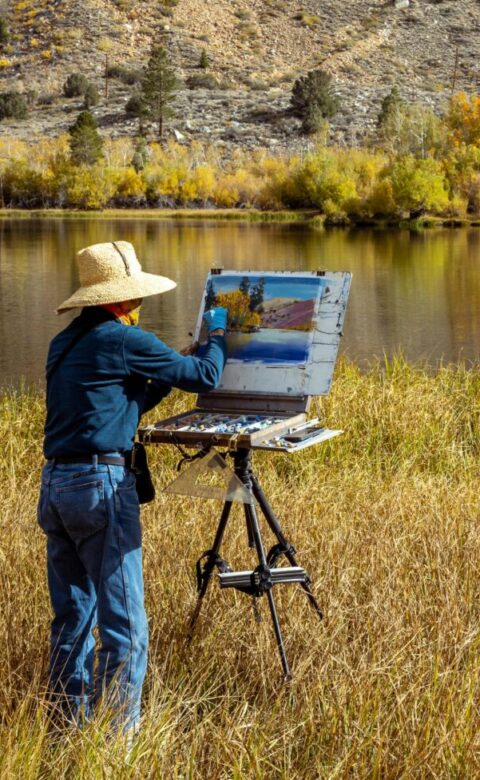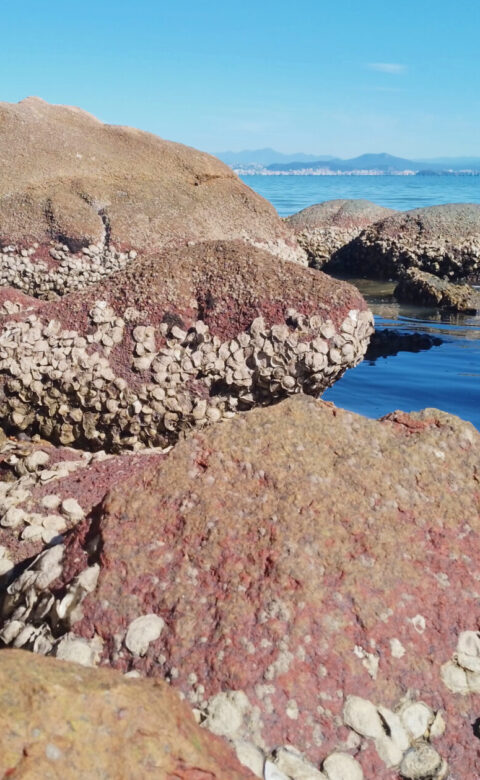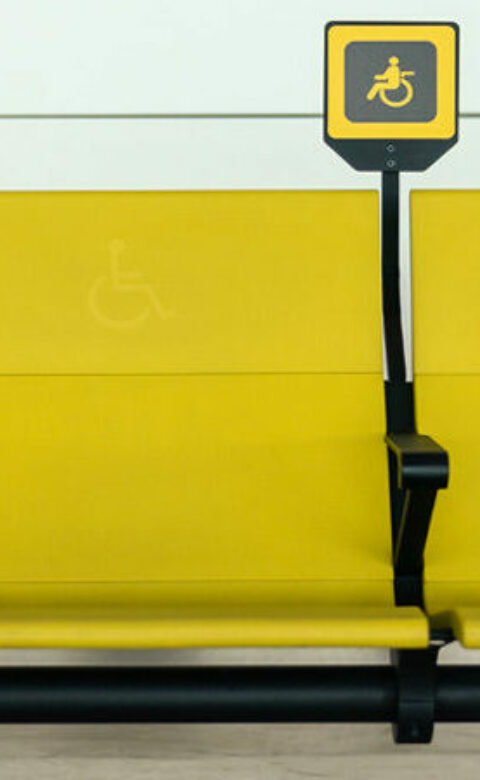Global wellness tourism has an estimated value of USD 923.6 billion with a projected growth to 2.1 trillion by 2030. Making up a substantial portion of the global economy, wellness tourism is here to stay — for better or worse. You might be thinking, “What’s wrong with people putting their own self-care first, escaping the daily grind, and choosing to travel somewhere lush and luxurious for some yoga, meditation, and healthy living?” While that all sounds good on paper, wellness tourism, particularly when bundled and packaged as retreats, can often do more harm than good; especially when propagating a colonial and imperialist mindset.
With so many different ways to experience wellness retreats from yoga holidays to “plant medicine” journeys, the questions that should be asked before embarking on an adventure are, “What is my intention behind this trip?” and “If I couldn’t document this trip via images on social media, would I still go?” Assuming that most people who go on retreats have somewhat of a connection to their spiritual side, prioritising this thought process should be a no-brainer in experiencing some self-inquiry and getting clarity on why they want to go on this retreat in the first place.
Uschi Gibson, a curator of transformative yogic adventures in northern and central India since 2010, believes that travel can create a lasting impact “To use [travel] as an opportunity for expanding your practice, and meditation. To build your capacity for personal awareness. To feel through the layers, and allow the pilgrimage to work itself through you, without needing to act or jump into response; to slow down.”
Retreat centres are often set up in remote areas, acting as self-contained bubbles with little to no interaction with the local community and culture in which they reside. People will use retreats to hide away or only stay within the confines of the centre. It’s very common for these retreat centres to be owned by expats or be part of global hotel mega-chains which would then skip out on directly benefiting the local economy. Author and wellness coach Araba Ofori-Acquah believes your purchasing power, for keepsakes and more, can make a huge difference: “Make the effort to spend money with locally-owned small businesses. And not just in the market; we have home-grown luxury brands too!”
As evidenced by their multi-billion-dollar industry success, wellness retreats, unfortunately, tend to be only accessible to those with significant disposable incomes. Willing to pay an arm and a leg for spa treatments, juice fasts, or luxurious accommodations, very few of these trips include any kind of donation, give-back, or cultural immersion in which there is an opportunity to both learn about the issues of the surrounding community and contribute to an energy exchange.

Gibson says, “Materialism is a way to stop experiencing authentically, a way to mask your discomfort, and shift the focus away from yourself to acquiring. When this starts to happen I usually step back and observe, because it’s just people’s stuff coming up. They are distancing themselves from the experience of India and trying to feel something familiar, and I have to let them work through it. Hopefully they’ll return to a place of receptivity.”
Finding a way to have dialogue and a real human connection goes far beyond what any treatment or wellness experience may offer. Reading and researching beforehand is imperative according to Marrakech riad manager, Imane Achouqua: “I suggest that travellers need to read about the culture and the country before visiting, and try to choose places and activities that offer authentic experiences.”
Wellness travel needs to be about putting the “we” back into wellness. About not shying away from being changemakers and creating guidelines and principles in practice to create a lasting ripple effect once visitors have left for home. Wildlife life photographer and Rwandan tour guide Jean Marie Twambaze says he hopes people will go outside of the itinerary for a more holistic travel experience: “I was born and raised close to Volcanoes National Park, the home of mountain gorillas; I would like to let those who travel to my area know that it’s not only the wildlife and parks that are beautiful and worthy of visiting, but experiencing our culture, meeting and interacting with our people is also a great experience as you learn the everyday life of a Rwandan.”
Wellness doesn’t work if those around you are experiencing a disservice in order for you to “get well.” When everyone is in a state of receptivity, sharing, and mutually benefiting from the interaction, real wellness can begin to take shape — first through our own actions, then radiating outward to those around us.








